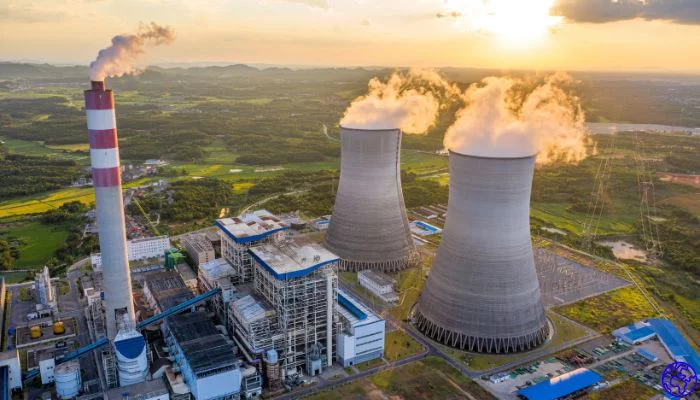This is a major development that can be seen as an enhancement of energy relations between China and Pakistan since China has allowed the sourcing of local coal for three power plants in Pakistan. This decision is to improve energy security and bring down the various expenses effective from the importing of coal.
Strengthening Energy Ties
This comes under the framework of the larger Belt and Road project which entails Chinese funding of infrastructure projects in Pakistan as spelled out by the CPEC deal. Thus, using the local coal resources means that the existing power plants can generate power without many complications.
The Power Plants Involved
The three power plants set to benefit from this decision are:
- Sahiwal Coal Power Project: This power plant is situated in the Punjab area of Pakistan has a maximum capacity of 1320 MW and is among the leading plants of Pakistan.
- Port Qasim Coal Power Project: Located in Karachi Pakistan this is a matching power plant with a total power generation capacity of 1,320MW it is instrumental in powering Karachi which is Pakistan’s largest city.
- Hub Coal Power Project: Known as the Chaghi Plant, this is a new 1,320 MW power plant in Balochistan which is very crucial for the area.
Economic and Environmental Impact
The use of local coal will ensure a massive reduction of the cost implication of energy production because it will address import costs. It will also enhance supply chain reliability and stability so that adequate power is produced for the intended use. However, the change of local coal also involves environmental issues because the burning of coal increases carbon emissions through power plants
Future Prospects
The decision will complement Pakistan’s approaches toward achieving its goal of diversifying the energy mix and less dependence on oil imports. In this regard, support from China also strengthens the described strategic cooperation between the two countries. It also introduces new opportunities for cooperation in the future in the RE sector, which is instrumental in the formation of sustainable development.
